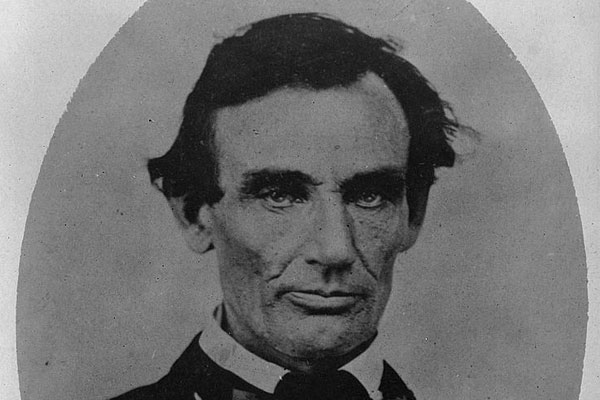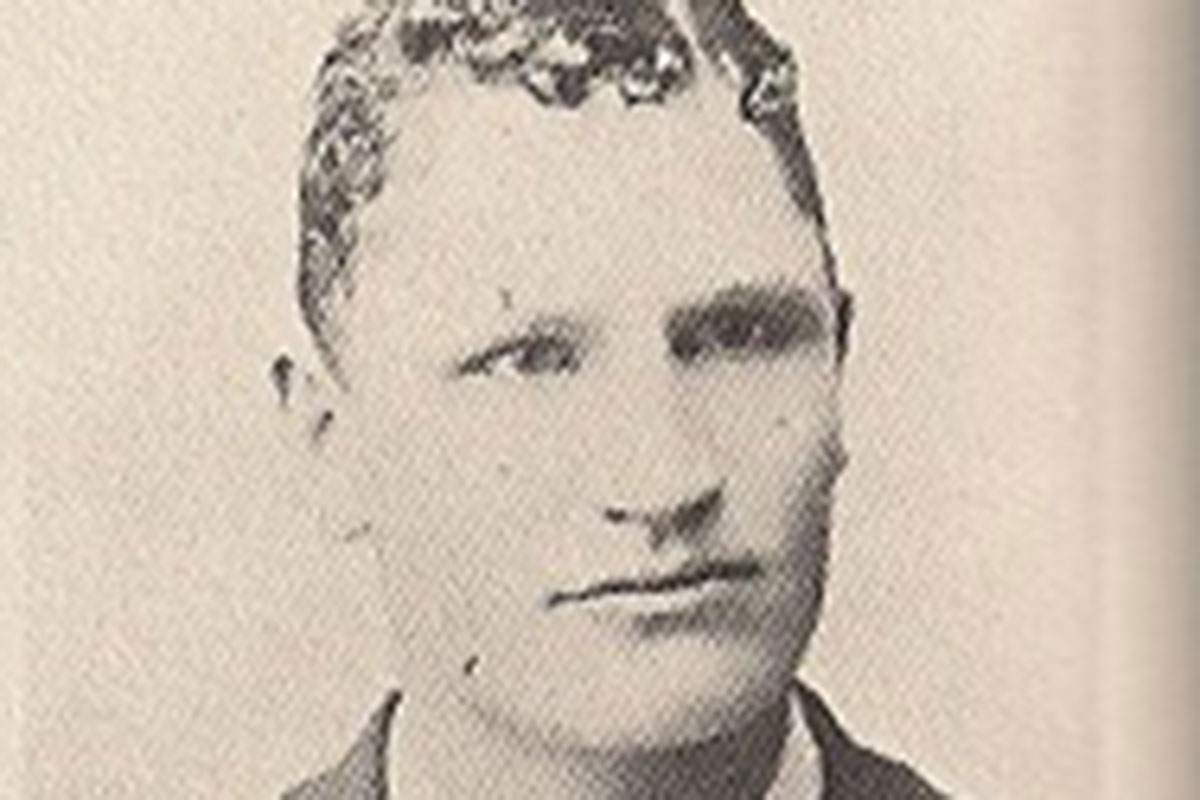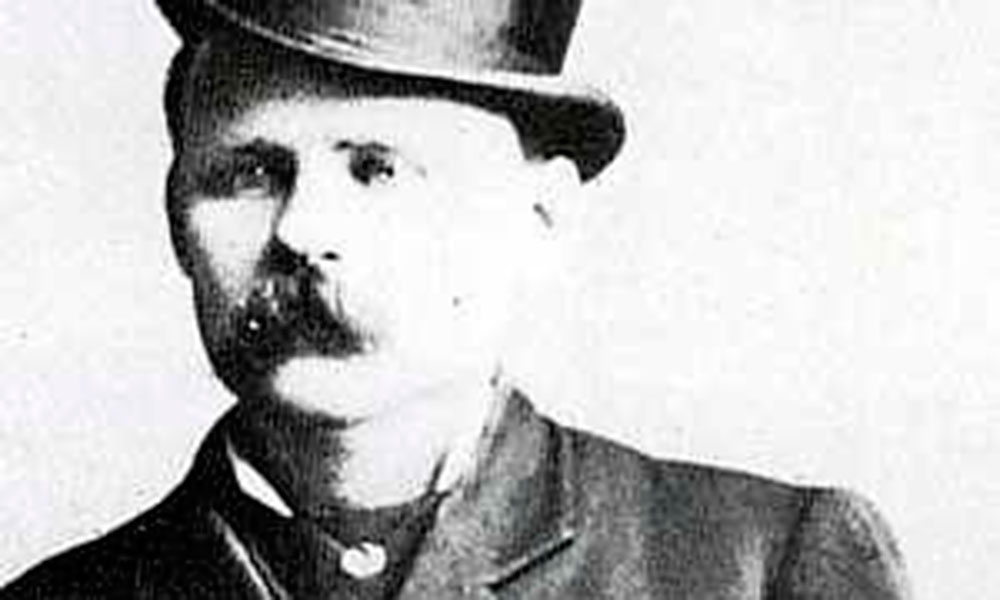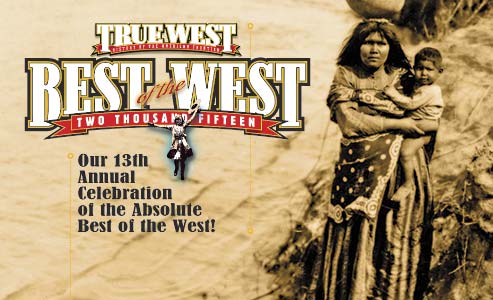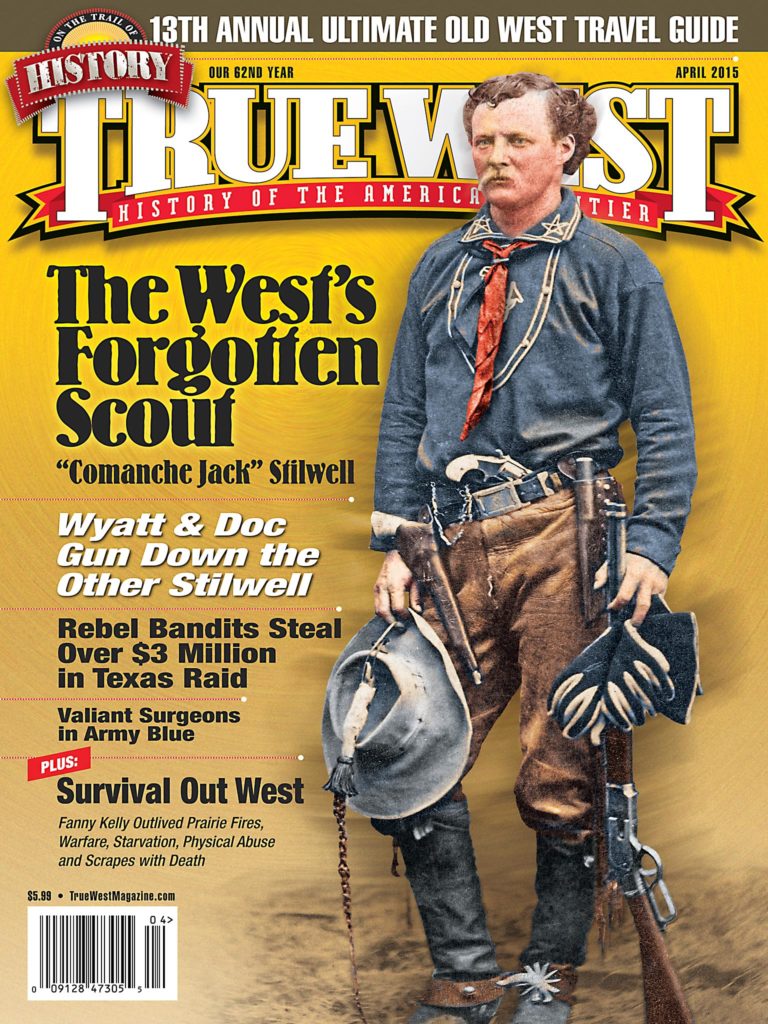 Is Abraham Lincoln, born in a log cabin on the Western frontier, the Father of the West? Our nation celebrated 150 years ago—on April 9, 1865—Confederate General Robert E. Lee’s surrender to Union General Ulysses S. Grant at Appomattox Court House. Six days later, the nation mourned the assassination of President Abraham Lincoln, who died the morning of April 15, 1865, after John Wilkes Booth shot him the night before.
Is Abraham Lincoln, born in a log cabin on the Western frontier, the Father of the West? Our nation celebrated 150 years ago—on April 9, 1865—Confederate General Robert E. Lee’s surrender to Union General Ulysses S. Grant at Appomattox Court House. Six days later, the nation mourned the assassination of President Abraham Lincoln, who died the morning of April 15, 1865, after John Wilkes Booth shot him the night before.
But, even in death, while the North and South struggled to bind into a Union, Lincoln’s vision of a continental nation, like those of his predecessors in the White House, would not be denied. In 1862, President Lincoln had signed into law the Pacific Railroad Act and the Homestead Act, which would lead to the greatest industrial, transportation, agricultural and land settlement expansion in the country’s history.
While Lincoln’s life ended with abrupt tragic abruptness, his legacy lives on, not just in his ability to wage war, and emancipate the enslaved, but to envision a greater nation from sea to shining sea. As Lincoln said in 1861, two years before the Homestead Act, “I think that the wild lands of the country should be distributed so that every man should have the means and opportunity of benefitting his condition.”

